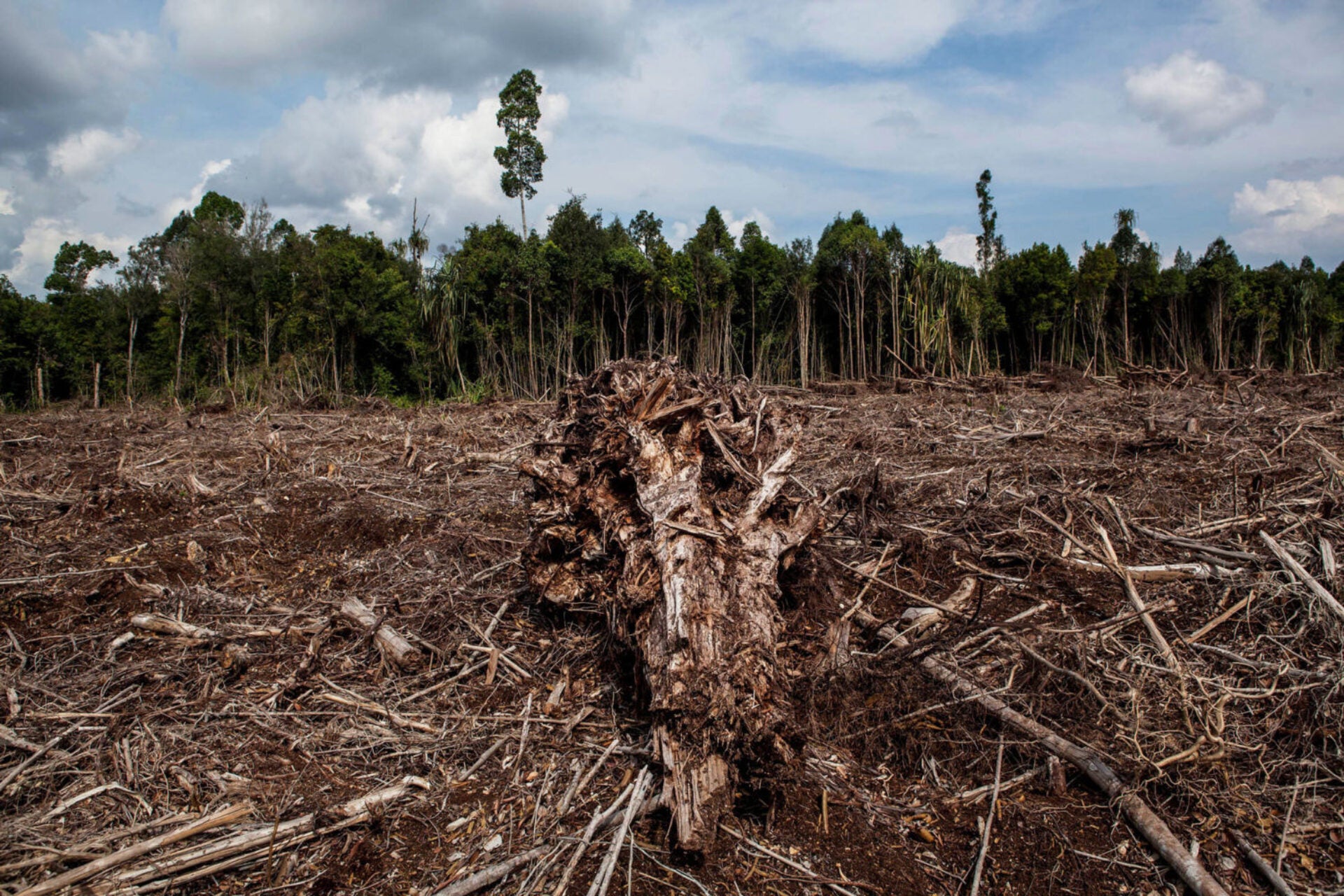
Don’t Let Climate Denial Distract Us
Narratives of climate skepticism put enormous pressure on scientists to relinquish the most fundamentally important attribute of good research: open-mindedness.
Despite overwhelming climatological data, there are still vocal sceptics (not to name any specific presidential examples) of the realities of climate change. As informed citizens, we recognize that this adherence to well-established falsehoods muddies the waters of truth, and in doing so, creates paralyzing confusion and uncertainty within our society. By parading an alternative narrative, climate change deniers sow doubt about a global trend that most of us agree there should be no doubt about whatsoever.
This trend alone would be enough cause for concern, but the influence of misinformation and politicized narratives goes well beyond simply stoking doubt and uncertainty among constituencies. These narratives also put enormous pressure on scientists to relinquish the most fundamentally important attribute of good research: open-mindedness.
Today in energy and climate policy literature, authors—very often researchers themselves—endlessly feel the need to begin their writing with some variation on the following sentence: “Climate change is real; it is caused by anthropogenic greenhouse gas emissions; and unless we reduce our carbon emissions to zero by mid-century, many parts of the world are going to become virtually unlivable.” This compulsive parroting of what is by all authoritative measures a statement of fact is illustrative of the unfortunate mindset that many earth, energy, and environmental scientists have been forced into.
Climate denialism is such a threat to our effective prevention of the worst impacts of climate change, that scientists have no moral choice but to invest time and resources into defending what they already know to be true in the hopes that it will convince the unconvinced. Millions of dollars are still being invested in research to further validate the reality of climate change or model the disastrous consequences of inaction, because the scientific community is doing double duty as both academic and advocate.
The fundamental basis of the scientific method is that true knowledge can only be gained through the repeated empirical observation of phenomena, and once the same observation has been repeated many times, it is recognized as fact and does not need further empirical support. In the best application of the scientific method, the observer remains open-minded, skeptical, and objective in developing hypotheses and deducing information from empirical results. By being forced to defend one side of a societal argument, environmental and energy policy researchers risk becoming increasingly closed-minded—losing the ability to objectively weigh new solutions to the global climate crisis against well-established mitigation methods such as electrification, efficiency, and renewable electricity.
The climate misinformation campaign, spearheaded for decades by the fossil fuel industry, has turned carbon emissions mitigation into the proverbial white whale of environmentalism. Efforts to find a pathway to zero-carbon using well established methods have largely eclipsed the larger academic discussion around global extraction and waste cycles. Climate change is absolutely one of the most fundamental challenges facing our planet. It is, however, just one piece of a much larger pattern of unsustainable growth by modern society. It is a symptom of a self-destructive system, not the cause.
As a scientific community we need to do everything we can to avoid tunnel vision and recognize climate change for what it is: one of a number of repeatably observable effects on a system that are all traceable to a single cause: the unsustainable trajectory of human development. Policy and social science researchers should be focused on this system in its entirety, and not just on the singular mission of carbon mitigation.
Is increased nuclear waste worth the avoided carbon emissions? Does it make sense to electrify all heating demand? What is the land use impact of renewables? How will we recycle batteries? How will renewable energy impact other waste-streams in our society? What is the cost-benefit balance of geoengineering?
If we, as researchers, are primed to prioritize and recognize unique value in existing methods for CO2 mitigation (electrification, efficiency, and renewable electricity), we cannot hope to objectively explore these and many other questions. The scientific community knows that reducing the global dependence on fossil fuels is critically important for the health of our planet. However, we cannot afford to dig our heels in against the onslaught of climate misinformation and, in doing so, close our minds to the many complexities of human energy use. We must instead embrace a willingness to examine all aspects of future development with objectivity and open-mindedness.
Oscar Serpell
Deputy DirectorOscar Serpell oversees all student programming, alumni engagement, faculty and student grants, and visiting scholars. He is also a researcher, writer, and policy analyst working on research initiatives with students and Center partners.

